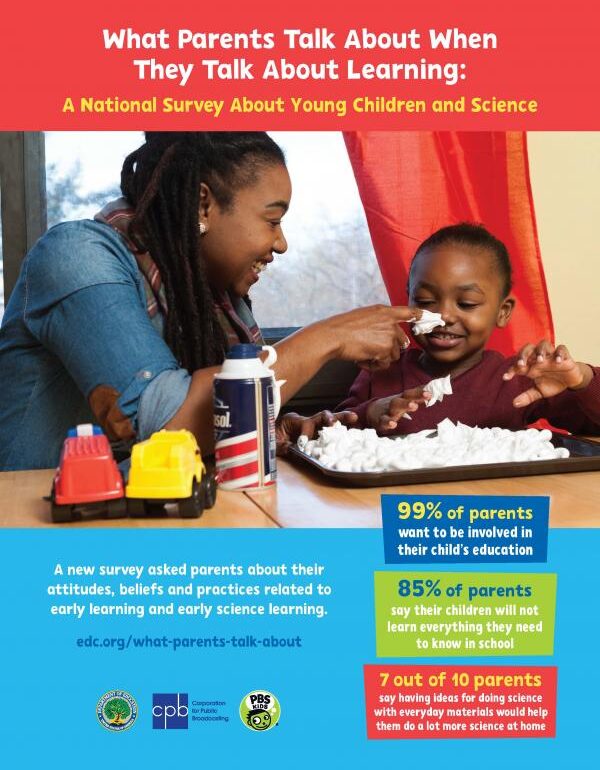For the past 20 years, WFSU, PBS and CPB have been partners in a Ready To Learn Grant Initiative that brings a wide range of educational resources, both online and on air, to children ages 2 to 8.
The goal is always to promote early learning and school readiness, with an emphasis on literacy, math and with this cohort, science.
Our services have the ability to reach every child, and we are especially focused on supporting children from low-income, under-served communities.
Our work is usually shared in the form of pilot programs – each experience is implemented with the hope that the seeds of learning and the passion to follow the model will find a way to continue on at each school, community center, library or center in some small way. Sometimes, programs like Super Why Summer Reading Camps and Martha Speaks Reading Buddies can leave a major impact on a community like ours and reach thousands of children. Other programs are much smaller and may only impact 8 families, like Ruff Ruffman Sensational Science Family and Community Workshops, for example! No matter what we do, we are always driven by sound research and a curriculum framework that guides each resource. And, we have some fresh and important research to share with you!
As taken from the press release: “In a first-of-its kind survey, Education Development Center (EDC) and SRI International spoke to more than 1,400 parents about the educational activities they do with their young children. The findings showed that far more parents would engage in science-related activities with their children—if they knew how.”
Among the survey highlights:
“Research colleagues from EDC and SRI polled more than 1,400 parents of children ages 3-6 about their attitudes, beliefs and practices related to early learning. The survey’s goal is to bring attention to the experiences families have in helping their young children learn, especially families with limited financial resources. The survey over-sampled parents living in economically disadvantaged communities; 909 of 1,442 families (63%) had an annual household income of $50,000 or less.”
Key points of the report include:
- 5 percent of parents say their children will not learn everything they need to know in school.
- 61 percent of parents feel they bear the most responsibility for helping their children learn.
- Most parents are confident about their ability to teach their young children math, literacy, and behavior, but fewer are confident about science.
- Mothers are less likely to be very confident about supporting children’s science learning, but are more likely than fathers to do science with their children daily.
- Lower income parents report engaging in science-related activities with their children daily than higher income parents.
WFSU is doing so many innovative programs currently to share amazing science experiences with families in and out of school! Family & Community Workshops, Ruff Ruffman Sensational, Odd Squad Science, PBS Kids ScratchJr. Camps and even a new PBS Parents Play & Learn app – all supported by new content from Ready Jet Go!, Cat in the Hat Knows A Lot About That, Odd Squad and some brand new programming that you will learn about soon!
We urge you to learn more about all that we do… find and like us on Facebook – and visit our WFSU.org/education site often!


